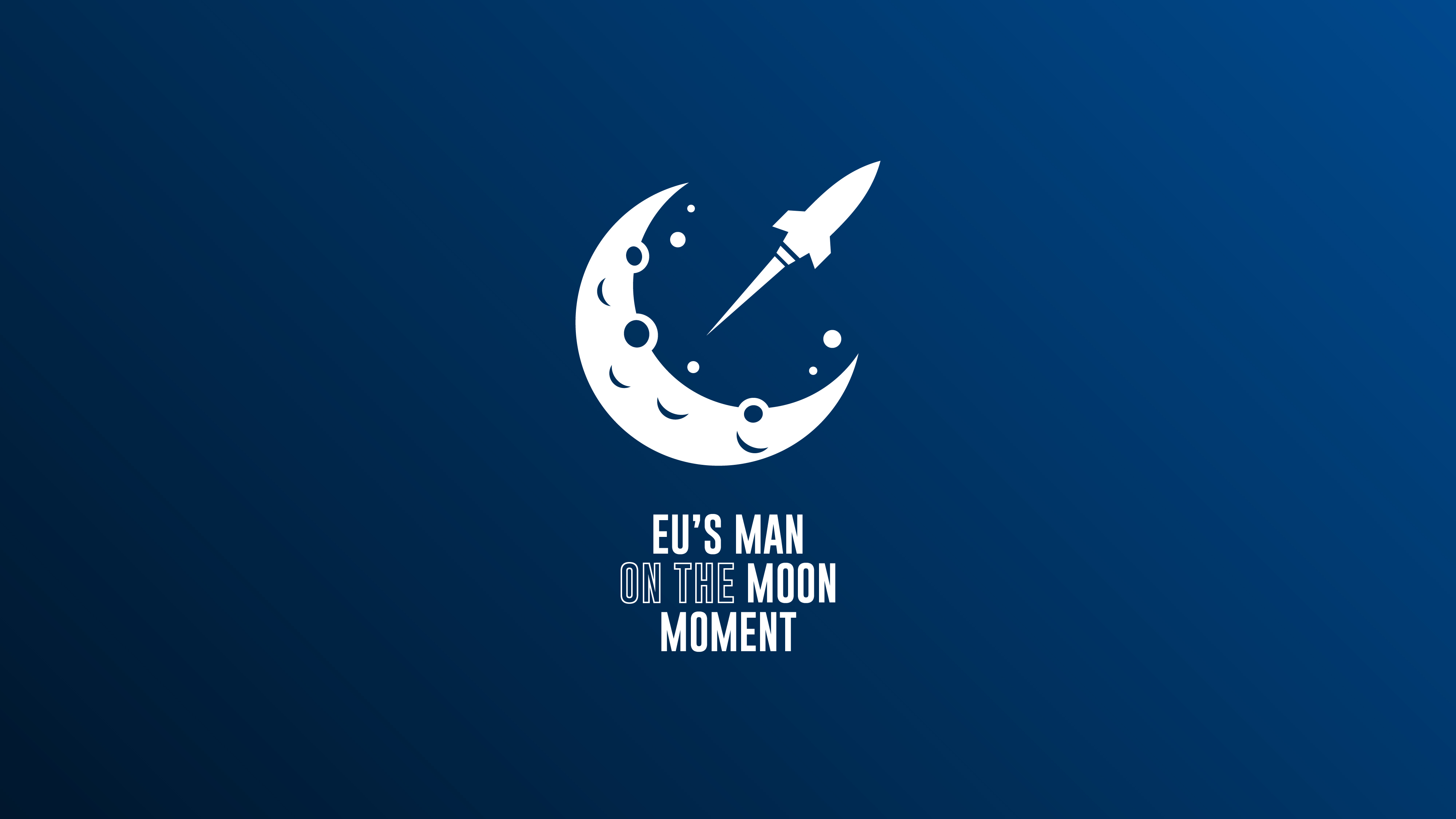Those 60 billion euros to Russia and the Gordian knot that Europe must cut
The need for a new decision-making method of the European Union.
Column by Francesco Grillo published on the Italian newspaper Il Messaggero

60 billion euro. The measure of the structural problem that the European Union must address urgently is given by a meter that the Center for Research on Energy and Clean Air (the CREA which is a non-governmental Think Tank based in Helsinki) devotes to measuring how oil and gas exports from Russia to the European Union have changed in the weeks following the start of the invasion of Ukraine.
Since the 24th of February, the European Union has transferred 60 billion euros to the current accounts of the main Russian energy exporting companies. Even more interesting is the data of the graph which says that, in the last three months of the war, purchases of GAS were higher - every single day - than those recorded the day before the war began.

It is a figure - spent in three months - like how much Russia spends in a year on defence and, perhaps, the most surprising measure of how great the distance is between the rhetoric that the EU institutions put into certain intentions and the mouse that mountains of negotiations they manage to generate. In reality, Ursula von der Leyen had asked the Council of Europe on the 4th of May to launch a sixth package of sanctions to achieve the goal of eliminating imports within six months; after a month of negotiations, the resistance of only one country - Hungary - was enough to have to settle for a compromise (only on oil that Russia can export elsewhere) which arrives late.
This is the most recent example of the "dark evil" that Europe must urgently treat if we do not want to slip into irrelevance. And this is the problem to which the Conference on the Future of Europe which was held in Siena last weekend sought an answer. The meeting organized by the Think Tank Vision and the University of Siena brought together all five political foundations that provide ideas to the five major European political groups (social democrats, conservatives; liberals; popular and green) and constitutes an experiment of transversal confrontation which can be very useful to think about how to give the European Union the ability to govern a completely different century from the one for which it was designed.
The conclusions of the conference present proposals on the decisive issues: the role of Europe in a digital battle that seemed to be only between the US and China; the division of labour between Europe and the US within NATO; the revision of the great “green pact” which was conceived by Von Der Leyen before wars and plagues broke out; the democratic mechanisms that are essential to be able to imagine transferring even more important powers from the States to the Union; a first assessment of how the large funding (NGEU) that the Union has dedicated to the post-pandemic recovery is going in order to understand if and how NGEU can become permanent.
All the projects that the conference is perfecting in what its participants call "manifesto", however, depend on the ability to untie the Gordian knot from which we started: how do we manage to decide in a faster way than in very fast crises?
If everyone - from Federalists to Eurosceptics - agrees that the current structure of the Union is no longer adequate, the recipes diverge. The most pragmatic point of view, however, is the one that Macron hinted at without making it explicit. Stronger integrations are made on specific political priorities and with those who are there. We cannot, for example, be reduced to "rewarding" precisely those who oppose the majority - Orban in this case - by buying their consent with concessions on other dossiers. For the blocking of energy imports from Russia, it may be sufficient for a smaller number of countries to define a precise plan with the timing for the reduction of imports, mechanisms that compensate the most exposed countries, coordination with states that are not part of the Union but which have the same interest (first and foremost the US and the UK) and a tax that goes to finance what could be the beginning of an energy union.
The Union of the future will probably be this. A method - more than a treaty - to launch joint projects that may concern different Member States to arrive at less ambiguous integrations than those that unite us today.
Additions that, if destined to last, must go through the approval of citizens who give them strength. The method must, however, also include procedures both for joining up faster (this is what Ukraine is asking for), and for dividing up if the marriage does not work.
Europe still has the traits of the dream conceived by a generation of great leaders who emerged from the war. As well as the largest project of union between states pursued through consensus and not conflict. However, that dream risks withering due to the distance between rhetoric and results.
It is democracy itself that must address the problem of efficiency if it does not want to distance itself from the needs of the people. It is time to cut the Gordian knots that hold back that project and to do so we will need that vision that requires large doses of pragmatism.

